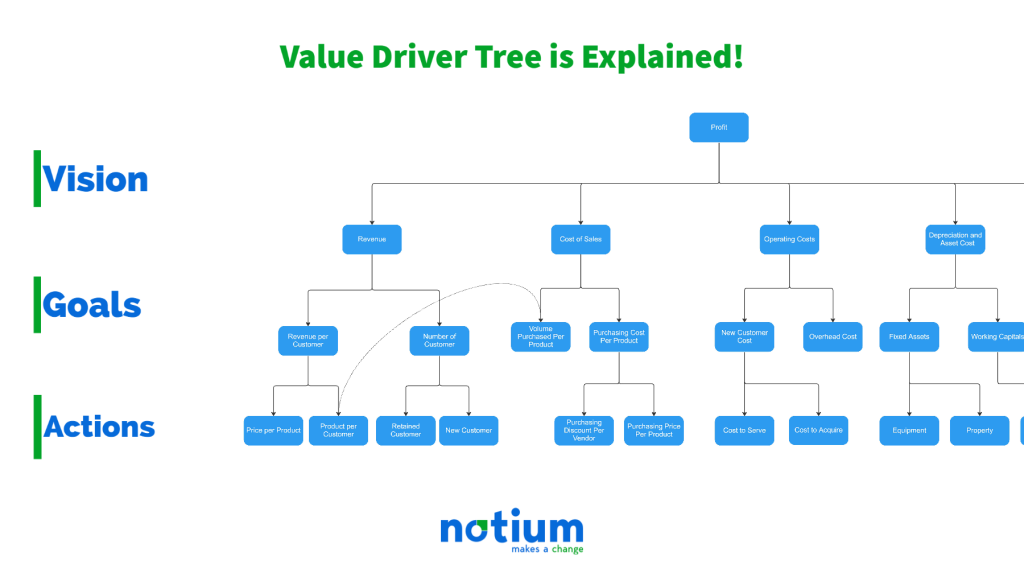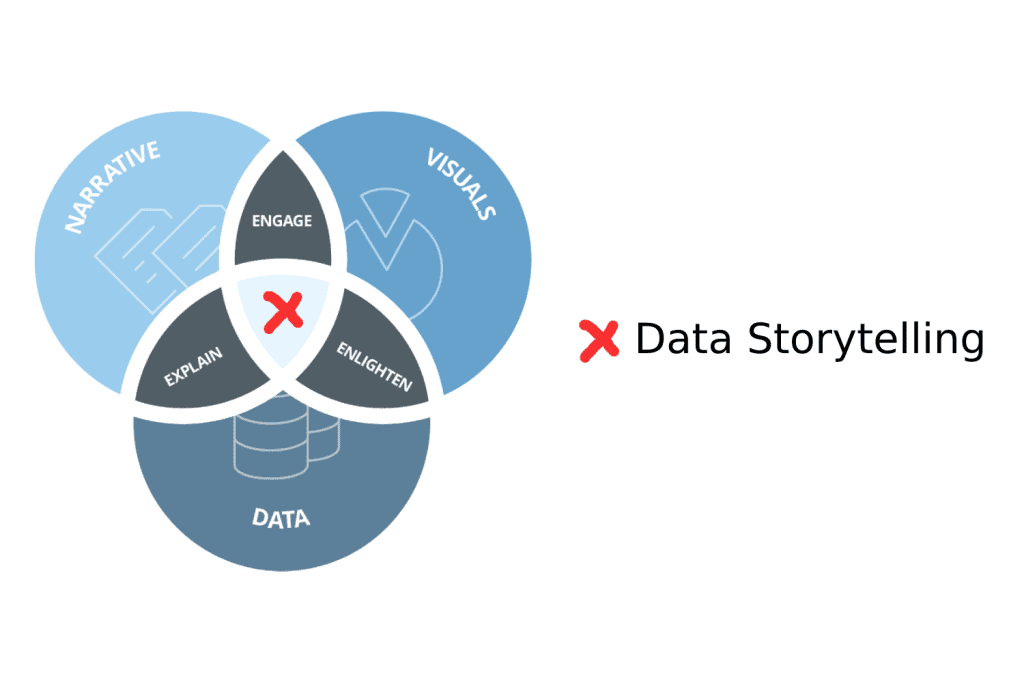1. Do not solely rely on what the resume says.
When evaluating candidates for a job, it is essential not to rely solely on the information on their resume. While a resume can provide valuable information about a person’s education and work experience, it may give a partial picture of their skills, abilities, or potential fit within the organisation. To make a well-informed hiring decision, it is important to consider other factors, such as references, personality, and cultural fit.
2. Do not let words trick you.
When reviewing a resume, it is crucial to be mindful of the language used and not let words trick you. Some candidates may use flowery language or exaggerate their accomplishments to make themselves seem more qualified. It is important to be critical and consider the integrity of the information presented.
3. Check the resume, not the candidate’s background.
In addition to reviewing a candidate’s resume, it is also important to verify the information provided and conduct thorough background checks to ensure that the individual is a good fit for the role. This can include verifying their education and work experience and conducting reference checks or background checks. Considering a candidate’s overall fit within the organisation, including their cultural fit and personality, is essential.
4. Check further than the title.
When evaluating a candidate, it is essential to look beyond their job title and consider their specific skills and experience relevant to the position. A person with a high-level title may not necessarily be the best fit for a particular role, while someone with a more modest title may have the specific skills and experience needed. It is vital to assess a candidate’s fit for the role based on their unique qualifications rather than just their job title.
5. Know the difference between language and communication.
Understanding the difference between language proficiency and communication skills is essential, as both can be important for different roles. Language proficiency may be necessary for functions that require the ability to speak or write in a specific language. At the same time, strong communication skills are often essential for success in any role. Communication skills refer to the ability to convey and receive information effectively, while language proficiency refers to speaking or writing in a specific language.
6. Don’t be trapped by well-designed resumes.
A well-designed resume may be visually appealing, but it is essential to focus on the content and substance of the document rather than being distracted by its appearance. It is vital to carefully review the resume’s content and consider the integrity of the information presented rather than being swayed by the design or formatting of the document.
7. Be flexible with selection criteria.
When evaluating candidates, it is crucial to have specific selection criteria in place, but it is also essential to be open to considering individuals who may only meet some requirements. This can lead to a more diverse and talented pool of candidates and allow for a more holistic assessment of an individual’s fit for the role.
8. Do not treat every candidate the same way.
Every candidate is unique and should be evaluated on their own merits rather than treated the same way as all other candidates. It is important to consider each candidate’s individual strengths, weaknesses, and potential fit within the organisation. This helps ensure that the best candidate is selected for the role.
9. Do not focus solely on work experience.
While work experience can be a valuable indicator of a candidate’s skills and abilities, it is essential also to consider other factors such as education, skills, and personal qualities in the evaluation process. Focusing solely on work experience may exclude talented candidates who have gained valuable skills and experience through other means, such as education or internships. It is essential to take a holistic approach to evaluate candidates and consider all relevant factors.
Conclusion
There are many essential steps in a recruitment process, from job posting to resume screening, which is critical for successful hiring.
Recruitment process includes some risks if you are not working with a professional or only relying on your personal network. Consulting and providing professional service have changed over the years significantly and it is your responsiblity to preserve your comopany from receiving an old fashion consultancy.
When you need professional support, Notium expert consultants are ready to support you in your any SAP Project. Notium’s team-up service provides you best in class consultants.
At Notium, we understand the challenges of recruitment and have the experience to provide well-picked and matching candidates for your needs. Our team takes the time to thoroughly evaluate candidates using a holistic approach that includes factors such as skills, abilities, and potential fit within your organisation, either from our consulting squad or from the freelancer market.
We don’t just rely on what is written on a resume and don’t let words or well-designed documents trick us. We can verify the information provided and conduct thorough background checks to ensure our candidates fit your organisation best.
You can access Notium’s on-demand consulting pool and check our experts.





